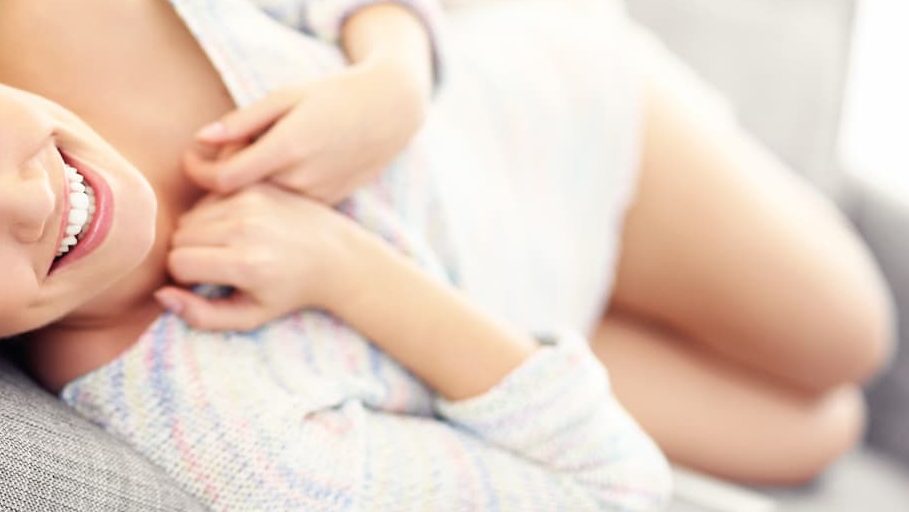The Idealized Aesthetic of Attraction
Modern media has a powerful influence on how people perceive beauty and attraction, especially in the context of dating. From movies and TV shows to social media and advertising, we are constantly exposed to curated images of people who fit narrow, highly polished standards of physical appearance. These portrayals often emphasize clear skin, toned bodies, symmetrical features, designer clothes, and youthful energy as the key ingredients for desirability. In romantic storylines, the most attractive characters are typically positioned as the most worthy of love, while those who fall outside these beauty norms are portrayed as side characters or comic relief.
This ongoing flood of idealized images shapes what people come to expect from themselves and others. Over time, these standards can begin to feel like requirements rather than preferences. Individuals may start to believe that unless they match a certain look, they are less likely to be loved, chosen, or respected in the dating world. This belief can lead to insecurity, pressure to alter one’s appearance, and even avoidance of dating altogether due to fear of rejection. While attraction is natural and subjective, the media tends to flatten its complexity, promoting a one-size-fits-all version of beauty that excludes many. Choosing the best Melbourne escorts service offers a refreshing contrast, as it highlights the value of genuine presence, confidence, and connection over unrealistic ideals.
Escort dating presents a different perspective on appearance and attraction. In these arrangements, the connection is built on clear communication, mutual respect, and defined boundaries. While physical appearance can play a role in attraction, it is not presented through the lens of media perfection. Clients often seek companionship that includes conversation, presence, and emotional connection—factors that go beyond the surface. Escort relationships remind us that attraction is multifaceted and that meaningful connection does not require someone to meet unrealistic beauty standards. In this context, authenticity and compatibility are often valued more than appearance alone.

The Role of Filters, Editing, and Digital Illusions
Social media has intensified the pressure to meet unrealistic appearance standards by making image editing tools and filters a regular part of how people present themselves. Apps allow users to smooth skin, brighten eyes, reshape features, and alter body proportions with ease. What starts as a small tweak can quickly turn into a completely manufactured version of oneself, designed to meet digital beauty norms. The more this content circulates, the more people start to compare their real-life appearance to highly edited images, forgetting that the standards they’re aspiring to are often artificial.
For dating, this creates an environment of performance and anxiety. Individuals feel compelled to present a “perfect” version of themselves in profile pictures and social posts, worried that any flaw will make them less desirable. This pressure can make dating feel like a competition based on looks rather than a journey to find emotional connection or shared values. Moreover, when people do meet in person, the disconnect between digital presentation and real-life appearance can lead to disappointment or distrust, further complicating the dating experience.
Escort dating bypasses this dynamic by emphasizing honesty and transparency from the beginning. Since expectations are discussed openly, there is less room for pretense or performance. Escorts and clients meet with an understanding of each other’s real appearance and intentions, allowing for more relaxed and authentic interaction. While attraction still matters, it is not based on digital illusions or exaggerated media standards. This clarity creates a space where people can engage with confidence, free from the insecurity that often accompanies filtered self-presentation.
Building Confidence Through Realistic Expectations
To counter the influence of media-driven beauty standards, individuals and communities need to promote a broader and more inclusive definition of attractiveness. This means embracing diverse body types, skin tones, ages, and expressions of gender and style. It also requires acknowledging that confidence, kindness, humor, and emotional intelligence are powerful elements of attraction that go beyond appearance. When people see others being celebrated for who they are—not just how they look—it becomes easier to build self-esteem and approach dating with openness.
Media creators also have a role to play by representing love and romance more realistically. Showing a wider range of characters finding love, not just the conventionally beautiful ones, helps normalize the truth that real relationships are built on more than just appearance. Audiences benefit from seeing stories that reflect their own lives and bodies, rather than always aspiring to an unattainable ideal. This shift can help reduce the pressure to conform and encourage healthier, more grounded expectations in dating.
Escort dating, though often viewed separately from mainstream romance, reinforces the idea that clear communication and emotional presence matter more than surface perfection. It offers a space where people are seen and valued without needing to look like they stepped out of a magazine. In a dating culture that often emphasizes appearance over substance, this model offers a refreshing reminder that real connection begins when we stop trying to be perfect and start being present.
In conclusion, the media continues to promote unrealistic standards of physical appearance in dating, creating insecurity and pressure that can harm self-esteem and distort how we pursue relationships. Escort dating offers a valuable contrast by highlighting the importance of honesty, mutual respect, and emotional clarity. By challenging narrow beauty norms and embracing authenticity, we can foster a dating culture that is more inclusive, confident, and emotionally fulfilling.